Your Care, Your Way
Clear, understandable information is important to help you make decisions about your health and care and get the most out of services.
The Accessible Information Standard gives disabled people and people with a sensory loss the legal right to get health and social care information they can understand and communications support if they need it. But, is the standard being delivered by services and does it go far enough?
We want to help NHS and social care services understand the answer and make sure health information is clear for everyone, no matter what their needs.
Our campaign ‘Your Care, Your Way’ aims to:
- Find out how well health and care services are delivering the accessible information standard.
- Make sure that, if the standard covers you, you know your rights.
- Find out who else has problems understanding information about their healthcare and needs to be covered by the standard.
Why is clear information important?
We all expect to be involved in decisions about our health, treatment and support.
But medical and healthcare information can be complex, and if you don’t get clear and understandable information, you might not make decisions that are right for you.
Some people find getting clear and understandable information even harder because they have communication needs that require support.
For example, you might need an interpreter or information in format like Braille.
What rights do you have?
The Accessible Information Standard gives you the right to be given information and communication support when using health and care services.
If you have a disability, impairment or sensory loss, or are a parent or carer of someone who does, you should expect:
- To contact and be contacted by services in ways you find accessible
- Services to give information and correspondence in formats you can read and understand
- To be supported at appointments if needed.
- Health and care services to support you to communicate.
Find out more about the campaign and your right to accessible information.




